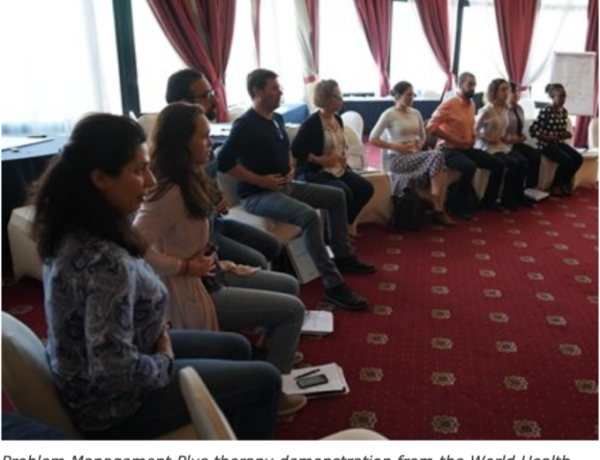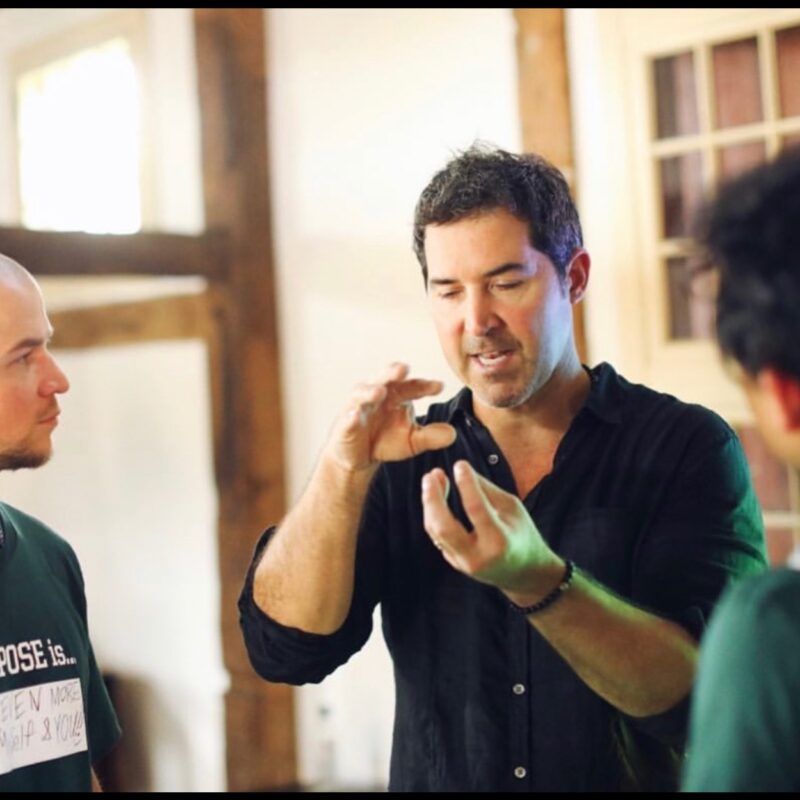A study with 5,756 participants from rural Kenya found that money, not therapy, was needed to improve psychological well-being. The researchers report:
“Our main finding is that after one year, cash transfers have larger effects on economic and psychological well-being than the […] mental health intervention, which itself produces no improvements relative to control.”
The researchers compared four groups:
The cash transfer consisted of 485 US dollars (which has the purchasing power, in rural Kenya, of 1076 US dollars). The researchers note that the per-household cost of the cash payments was less than the per-household cost of the five weeks of therapy.
According to the researchers, after one year, therapy had made no difference compared to the control group, but the cash transfer had increased psychological well-being and increased economic outcomes. The group that received both therapy and money had similar outcomes to the group that received only money—suggesting that therapy did not add anything useful.
“One year after the interventions, cash transfer recipients had higher consumption, asset holdings, and revenue, as well as higher levels of psychological wellbeing than control households. In contrast, the psychotherapy program had no measurable effects on either psychological or economic outcomes, both for individuals with poor mental health at baseline and others.”
The researchers were Johannes Haushofer at Princeton University, Robert Mudida at Strathmore Business School, Kenya, and Jeremy P. Shapiro at the Busara Center for Behavioral Economics, Kenya. The article describing the study is a working paper for the National Bureau of Economic Research, which has not been published in a peer-reviewed journal.



